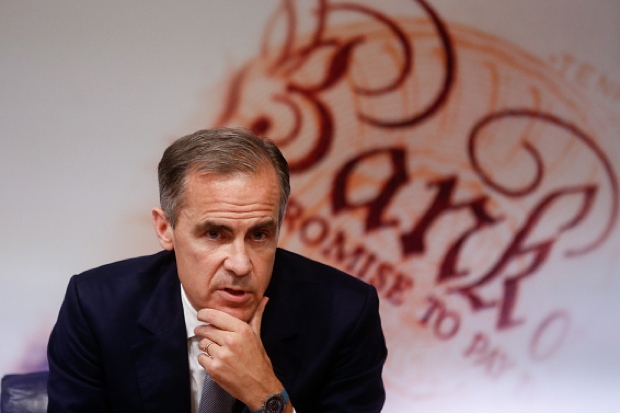Plunging output. The FTSE in freefall. A financial collapse. Unemployment rising rapidly and trade falling off a cliff. At first glance, you might think that was an accurate description of the British economy, given the decisions that the Bank of England took this morning. After all, to cut interest rates to their lowest level in history, to re-launch quantitative easing, and to promise more action down the road, the economy must be in crisis, right?
Except, er, it isn’t really. While there are good reasons to argue that the decision to leave the European Union may well hurt the economy in the medium-term, there is no immediate emergency. In fact, the Bank has just taken a huge risk – of over-stimulating the economy, and creating a Brexit boom.
Ever since the referendum, the consensus among mainstream economists has been that it would cause a recession. The only question was how bad. But these, remember, are the same people who told us that everything was fine in 2007. In fact, there is very little sign of any economic damage so far. True, some of the confidence data has been weak. Then again, every expert has been warning that Brexit is a cross between bubonic plague and nuclear war in its impact on the economy – so it is hardly that surprising if businesses are feeling a bit gloomier than a few weeks ago.
And yet, the hard numbers have all been far more encouraging. Employment is at record levels. House prices are still rising. Shares are hitting record highs. Retail sales are a bit flat, but that has more to do with a bad summer than anything else. It is hard to see any of that as an emergency.
In fact, the UK has just had a massive stimulus. The pound has devalued by 10 per cent against the rest of the world, which always boosts any economy. And the government has, in effect, given up on austerity, not that there was much of it anyway. The goal of a balanced budget in this parliament has been abandoned. That too will boost demand as the state borrows and spends more. There are other factors at work as well. If immigration comes down as a result of Brexit, then real wages will accelerate, and that too will increase demand. Put them together, and that is three powerful forces combining to lift growth.
And keep in mind that it is not as if we were in bad shape to begin with. Before the referendum, we were very close to full employment. We were growing faster than most of Europe. What happens when you take an economy at close to capacity, and boost demand? It starts to over-heat.
Here’s a prediction. Within a year, growth in the UK will be far ahead of the rest of Europe, and even our exports to the rest of the continent will be up. In fact, the real danger now is that the Bank has just taken us back to the old British vice of over-stimulating the economy with a demand-led blow-out. Very soon we will have forgotten about the Brexit bust – and be worrying that the Brexit boom has gotten out of control and will have to be reined in.






Comments